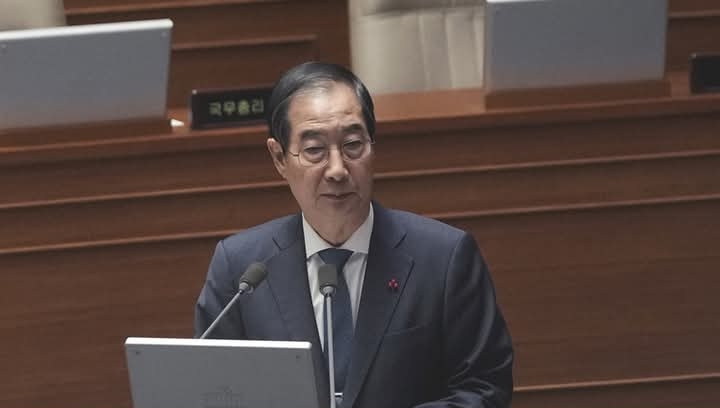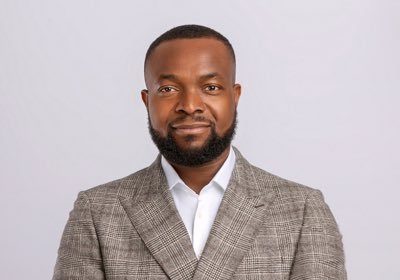South Korea’s political crisis took another dramatic turn Thursday as the opposition filed an impeachment motion against acting president Han Duck-soo, intensifying the standoff over the nation’s Constitutional Court.
The motion, filed by the Democratic Party and its allies, underscores a deepening divide in a country grappling with uncertainty since President Yoon Suk Yeol declared martial law on December 3.
Yoon’s controversial declaration, meant to suppress escalating protests and alleged threats to national security, triggered widespread outrage. Parliament moved swiftly to impeach him on December 14, suspending his duties in a historic vote that left Han Duck-soo to steer the nation’s ship.
Yet, the constitutional court must still rule on the legitimacy of Yoon’s impeachment, leaving the political future of South Korea hanging in the balance.
The issue is far from straightforward. The nine-member Constitutional Court is currently short of three judges, leaving only six members on the bench. While it can technically proceed with a ruling, the legal threshold for impeachment requires at least six votes in favor. A single dissenting voice could reinstate Yoon, a possibility that has stoked fears of prolonged instability.
The opposition, led by the Democratic Party, has been pressing Han to approve nominees to fill the three vacancies, arguing that a fully constituted bench is essential for a fair and impartial decision. Han, however, has steadfastly refused, citing concerns over procedural integrity and the need for careful deliberation in selecting candidates. This refusal has plunged both sides into a political deadlock with no immediate resolution in sight.
“The refusal of the acting president to address the judicial vacuum is unacceptable and amounts to a dereliction of duty,” said Democratic Party leader Lee Jae-myung in a statement announcing the impeachment motion. “This crisis demands decisive leadership, and Han’s inaction is exacerbating the turmoil.”
Supporters of Han, however, argue that the opposition is exploiting the situation to undermine the acting president and consolidate its own power. Han himself has defended his position, stating that rushing judicial appointments in such a politically charged atmosphere could undermine public trust in the court’s independence.
Amid the turmoil, ordinary South Koreans are left grappling with uncertainty and fear. The country has been deeply polarized since Yoon’s rise to power, and the recent chain of events has only widened the political and ideological chasm.
Protests continue to sweep the streets of Seoul and other major cities, with demonstrators both for and against Yoon’s removal demanding swift action from the government.
International observers are also closely watching the situation, as South Korea’s political instability threatens to ripple across the region. The United States and Japan, key allies of South Korea, have expressed concerns over the potential impact of the crisis on security and economic cooperation in the face of rising tensions with North Korea.
As the impeachment motion moves to the National Assembly, the stakes are impossibly high. If passed, it would mark a rare and dramatic escalation of the crisis, leaving South Korea with an acting president whose legitimacy is under question and a Constitutional Court struggling to maintain its authority.
With no clear end in sight, South Korea faces a crucial test of its democratic resilience. At its heart, the impasse highlights the challenges of governance in a nation where political rivalries have often spilled into institutional conflicts. The coming days will determine whether the country can navigate these treacherous waters and emerge stronger—or sink deeper into uncertainty.




